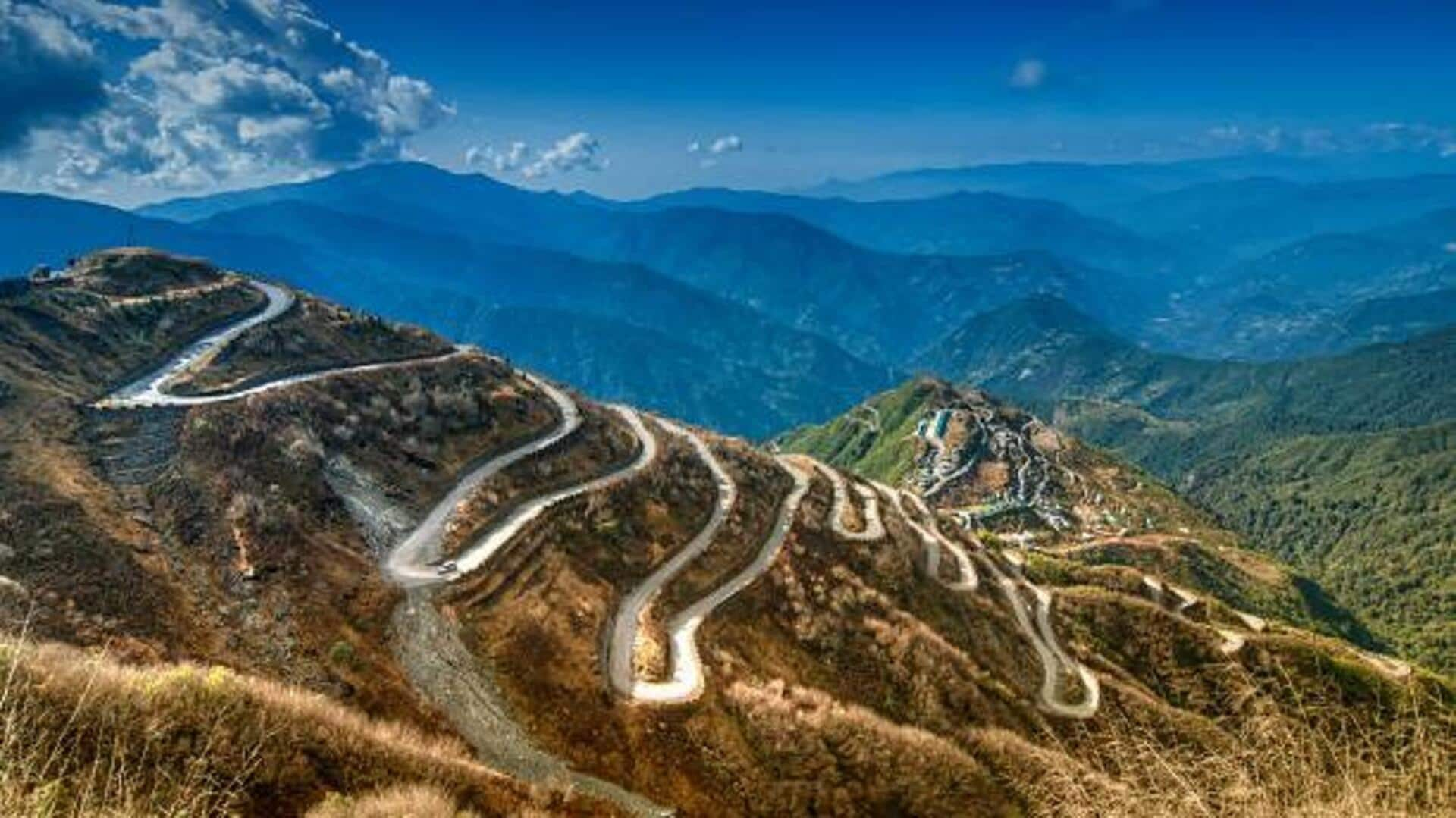
How to explore offbeat historical routes
What's the story
Exploring historical routes gives a unique glimpse into the past, unveiling stories and cultures that have shaped our world. As travelers are now looking for more meaningful experiences, offbeat paths provide an opportunity to connect with history while promoting sustainable travel practices. By choosing less-traveled routes, visitors can reduce their environmental impact and support local communities. Here are some insights and tips for exploring these hidden gems responsibly.
Trade paths
Discover ancient trade routes
Ancient trade routes make for an interesting travel, taking you back in time to the days when goods and ideas were exchanged across regions. These paths also lead you through picturesque landscapes and offbeat towns, giving you a taste of the local culture. You can walk or bike these routes to keep your carbon footprint low and interact with local artisans who practice the same craft.
Hidden sites
Visit lesser-known archaeological sites
Lesser-known archaeological sites give you an intimate look at historical civilizations, without the crowd of popular destinations. These sites usually lack extensive infrastructure, so be prepared accordingly by packing reusable water bottles and snacks in eco-friendly packaging. Supporting local guides can add to the experience, while also contributing to the community's economy.
Local insights
Engage with local historians
Local historians provide priceless insight into the history of offbeat routes, telling stories that you won't find in a guidebook. Not only does interacting with these experts help in preserving the culture, but it also gives you a better sense of why the area is so important. Attend workshops or lectures hosted by local historians to make your travel even more enriching.
Sustainable stays
Choose eco-friendly accommodations
Choosing eco-friendly stays is essential while exploring historical routes in a sustainable manner. Most small inns and guesthouses follow green practices, such as using solar energy or having a waste reduction program. Staying at such places not only minimizes your carbon footprint but also supports businesses that are committed to sustainability.
Ethical photos
Practice responsible photography
Capturing memories is an integral part of travel, but responsible photography on historical routes is imperative. Don't disturb wildlife or damage structures for a perfect shot, and always take permission before photographing locals or sacred sites. By respecting the guidelines laid by communities or site managers, travelers positively contribute to preserving these areas for future generations.